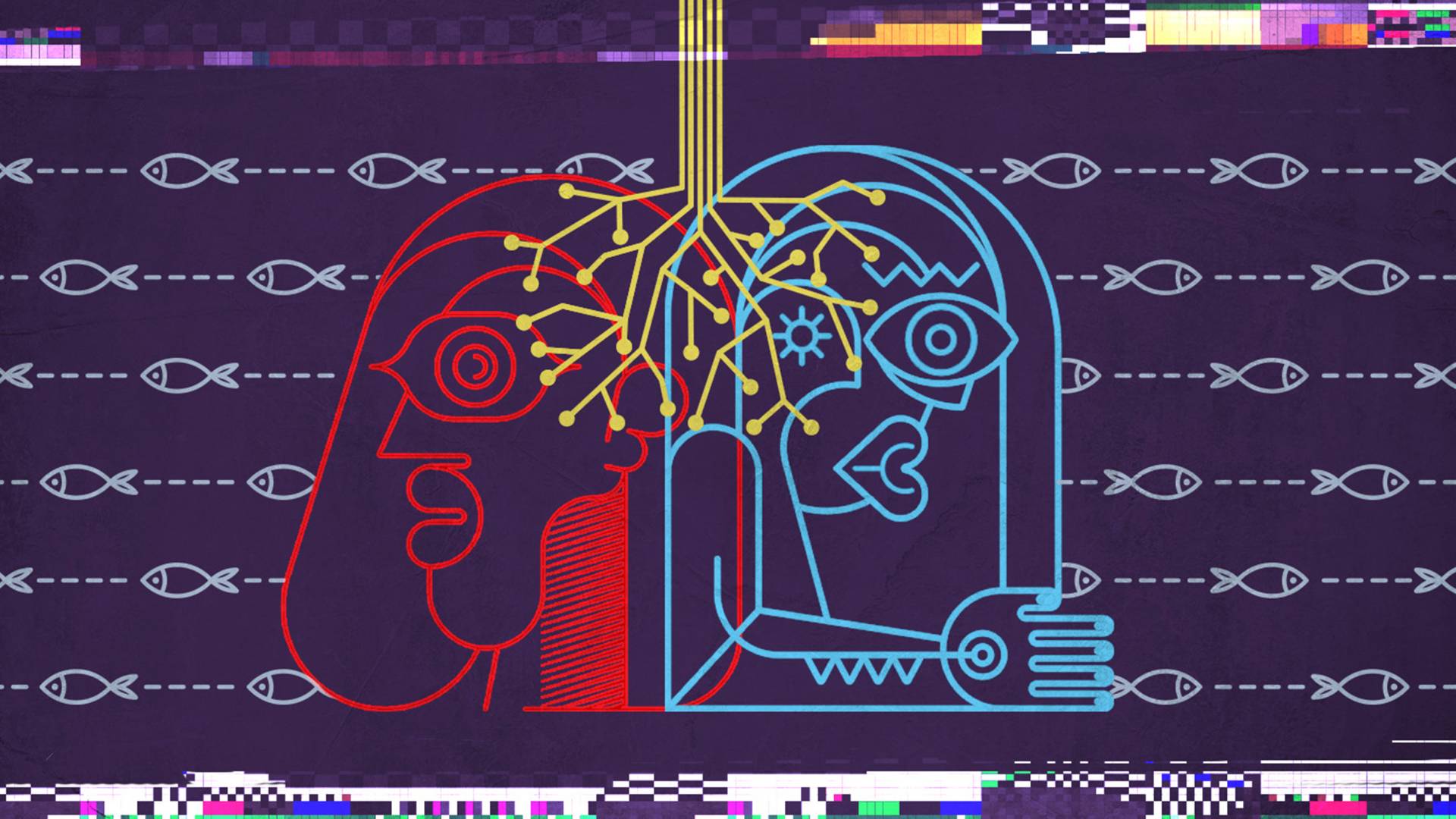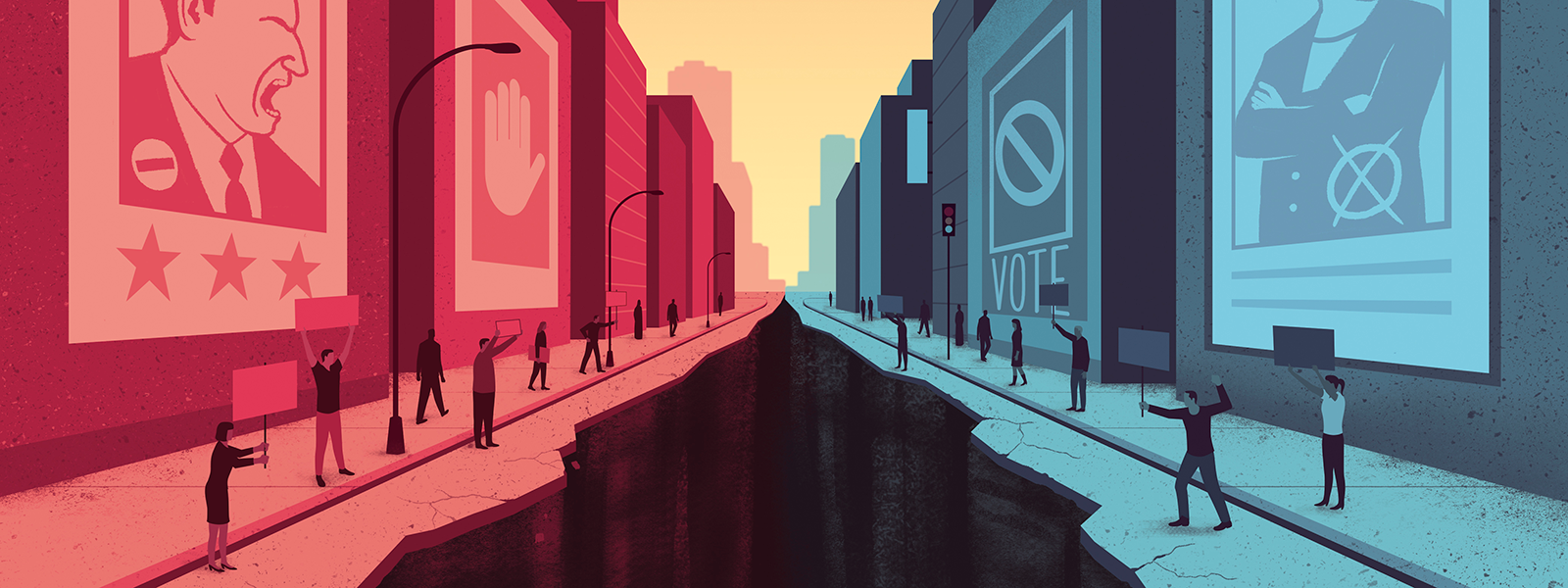
Introduction
Political polarization refers to the process by which the opinions of a population or its representatives move toward increasingly extreme and opposing ends of the political spectrum. This phenomenon has profound implications for democracies worldwide, affecting everything from legislative efficiency to social cohesion and the functioning of political institutions. This report explores the various dimensions of how political polarization affects democracies, drawing insights from multiple scholarly sources.
Historical Context and Global Trends
Political polarization is not a new phenomenon, but its intensity and scope have increased significantly over the last few decades. Historically, the United States was seen as uniquely polarized due to its two-party system, where political scientists in the 1950s even argued that American parties were not distinct enough[1]. However, current trends indicate that polarization affects both two-party and multiparty systems globally. Countries like Switzerland, Denmark, and New Zealand, as well as emerging economies such as Bulgaria and Turkey, are experiencing similar divides[1].
Emotional and Identity-Based Polarization

Researchers suggest that modern polarization is more about emotions and identity than policy disagreements, a concept known as 'affective polarization.' This type of polarization intensifies feelings of loyalty toward one’s political group and hostility toward the opposition[1]. Studies show that 'affective polarization' leads to viewing the opposing party not just as a political adversary but as a threat to one's way of life and core values[1]. This transformation is partly why legislative bodies, including the U.S. Congress, experience gridlock and inefficiency, which undermines democratic principles[1].
Voting Behavior and Median Voter Theorem

The classical Median Voter Theorem, which predicts that competing candidates will move toward the ideological center to maximize votes, is increasingly challenged by modern polarization. In practice, voters' tendencies toward third-party candidates, abstention, and polarized beliefs have complicated this model[2]. Various factors such as voter cynicism, the appeal of extremist candidates, and bimodal ideological distributions can lead political candidates to adopt more polarized positions, further driving the electorate toward extremes[2].
The Role of Social Media
Social media exacerbates polarization by creating 'epistemic bubbles' where users are isolated from differing viewpoints. When individuals constantly react to and share content that aligns with their own beliefs, they inadvertently sort themselves into polarized networks[4]. This behavior can be harmful as it narrows the range of news and opinions that people are exposed to, fostering a more divided society[4].
Impact on Democratic Functionality
One of the most severe effects of polarization is the erosion of democratic norms and institutions. High levels of polarization can turn democratic institutions into battlegrounds for existential issues rather than arenas for policy debate and reasoned deliberation[1]. This situation leads to legislative gridlock, judiciary stacking, and a diminished trust in democratic processes, making societies less resilient and more prone to extremism[3][4].
Societal and Economic Implications

Polarization adversely affects both social cohesion and economic health. Economic inequalities and unemployment are shown to drive affective polarization, contributing to a vicious cycle of societal division and political stagnation[1]. Progressive taxation and adequate social safety nets are proposed as measures to mitigate the negative feedback loop between economic hardship and social strife[4].
Potential Benefits of Polarization
Interestingly, polarization is not exclusively negative. Under certain conditions, it can benefit society when opposing viewpoints represent a variety of diverse groups. This situation can lead to more vigorous debates and innovative solutions to societal challenges. However, when polarization leads to the segregation of social networks and undermines cooperation, it becomes detrimental to democratic processes[4].
Interventions and Solutions
Various strategies can mitigate the adverse effects of polarization. Minimal interventions like promoting videos that show bipartisan cooperation, enhancing awareness of media bias, and emphasizing shared national values have been shown to reduce partisan animosity significantly[1]. From a broader perspective, practices like ranked-choice voting and citizen redistricting can enhance democratic resilience by creating a more inclusive and less adversarial political environment[4].
Conclusion
Political polarization poses a significant threat to democracies worldwide, affecting everything from legislative efficiency to social cohesion and economic stability. While the phenomenon has deeply rooted emotional and identity-based factors, modern technology and media also play supportive roles. Understanding these dynamics and implementing targeted interventions can help mitigate polarization's negative impacts, fostering a more resilient and functioning democratic system.
In conclusion, this comprehensive analysis outlines the complexity and multifaceted nature of political polarization and its implications for democratic societies. By leveraging insights from diverse fields and exploring various mitigation strategies, we can work towards a more harmonious and effective political landscape.
Get more accurate answers with Super Pandi, upload files, personalized discovery feed, save searches and contribute to the PandiPedia.
Let's look at alternatives:
- Modify the query.
- Start a new thread.
- Remove sources (if manually added).